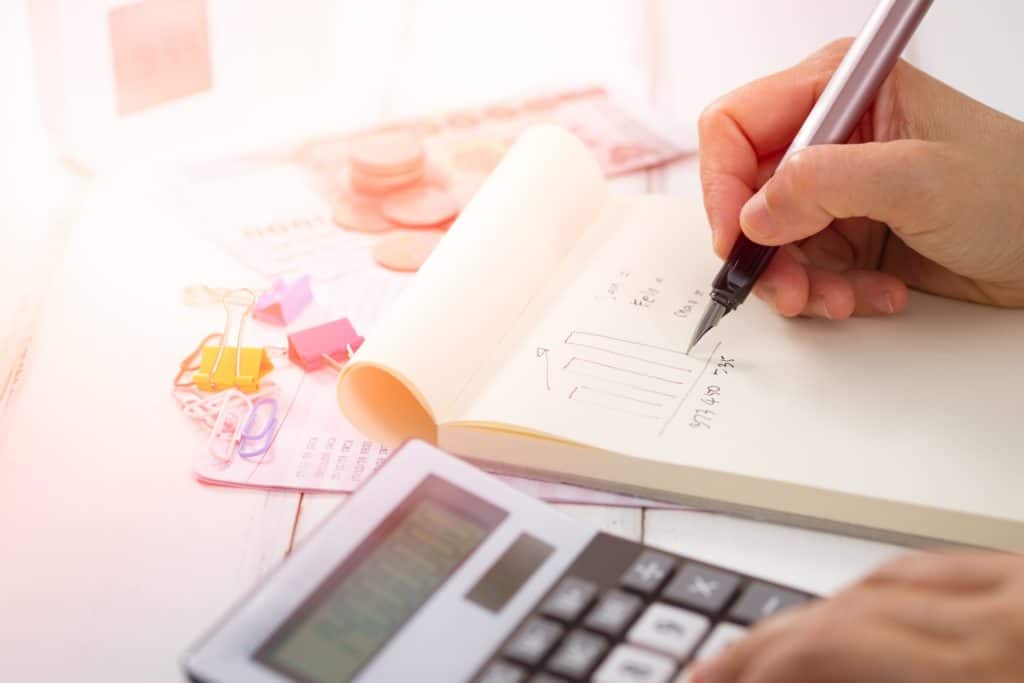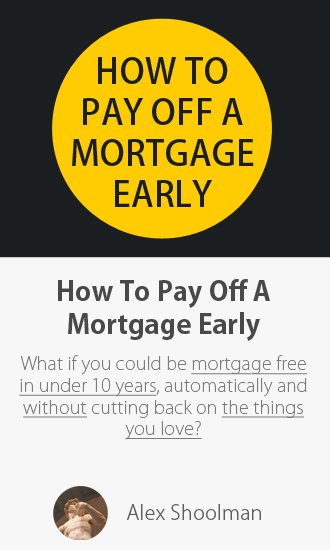Sometimes we get a bit advanced here at Mutilate The Mortgage and while I think that’s a good thing as so many regular news sites just repeat the same old low level garbage ad nauseam, today I’d like to focus on a pretty basic part of the whole finance subject. The budget.
Budgets
Budgets are not normally liked. While some people see them as sexy or the savoir of their life most tend to instead view them as evil, soul crushing things that squeeze all the fun out of life. They’d rather YOLO the shit out of things and go large, to hell with your lame “budget”!
Inevitably these are usually the same people that end up really poor for a long time but don’t worry, I’m not going to make you do a budget. Forcing people to be miserable just so they can get benefits in the future can work, especially in the short term, but to be Frank it’s just not the best way to do it.
While most people will tell you to stop buying coffee’s or that new iPhone there’s a much better way to go about it. I cover this much better way in great detail – along with many other points – in our official course, but I also give a high level explanation of it in this piece: Shred Your Expenses While Having More Fun
You see, you can spend money on things you love and also save a huge amount of money at the same time. This isn’t a “hack” or done by stealing TV’s off the back of a truck, it’s done by shifting your mind and thinking in a different way to how most are trained to.
A Means To An End

In high school and then also in Uni I remember getting super excited about being allowed to bring in a single sheet of paper to some exams. Usually these were quite technical ones that involved using a lot of complex equations so it was great to not have to memorise all of them.
What I didn’t realise at the time though was that although it was a way of ensuring we didn’t just waste all our study time remembering 100 equations, it also had another benefit. It encouraged us to study more.
To fill that one sheet to the brim with equations and the ones that I personally would use for the exam I had to review the course contents. I had to complete the test problems and see which equations were and weren’t needed. I had to decide which ones where important or not as I couldn’t fit everything on just one page.
Of course it seems obvious now but by building that one page or “cheat sheet” as it was called I also learned dozens of other valuable lessons. It wasn’t about having a cheat sheet, it was about the process of building it that really mattered and helped me in the exam.
In the same way, when you create a budget you have to look at your expenses. You have to sort them and see what your income is. If you use my advice you’ll also have to decide which expenses are the most beneficial to you and which should get cut.
At the end of the day though the final budget isn’t really the point though. It’s only a means of understanding how some cash flows are good and some are bad.
It’s about spending 10 minutes actually looking at your finances instead of just being entirely oblivious day in and day out. Once you do a budget, even once, and appreciate how much various things cost and the impact (good or bad) they have your thinking changes forever.
It’s one of the first baby steps to really ensuring you forever live a rich and secure life, even if you never actually adhere to that budget! The budget isn’t the point just like the cheat sheet wasn’t. The point is to travel the path and learn along the way.
Good vs Bad Cash Flow

Once you’ve changed your thought process light bulbs start to go off again and again. Essentially you’re beginning to think like an investor rather than a poor person and as said, this is just one of the first steps.
Simply by looking at your expenses and finances you’ll see problems as well as solutions. You’ll encourage yourself to dig deeper. You’ll likely find that some of your expenses have a disproportionate impact while others are essentially irrelevant, this will encourage you to explore more.
You might start tweaking your purchasing habits just like how many that get solar – and hence focus on energy use – end up reducing their power usage. Maybe you’ll then realise that if you can have a small side income it could pay for specific expenses like Netflix or groceries.
As your wealth grows and your debt reduces you’ll need to further investigate what to do with it all. At some point as you go through all these steps you’ll change and begin thinking like an investor rather than a poor person.
You’ll go from living paycheck to paycheck to having a $1,000 emergency fund and fully owning your house. Beyond that for those that are interested you’ll learn how to most efficiently deploy your capital so that it achieves your short and long term goals in life.
But it all starts with that first step.
That looking at your finances and figuring out what the hell it’s all about. So if you haven’t created a budget yet I’d highly recommend you do so now. Even if you never actually end up following it, it’ll still help you get a much better grip on your finances and how you can pay off your mortgage early.
For those of you who are a little bit more advanced, it can still be useful to help ground you and refocus on what’s important. A review of your budget can also help to ensure you’re not getting secretly screwed by lifestyle inflation as well.
The benefits include: 1) How to pay off your mortgage faster than 99% of people with one hour a month of work 2) How to get rid of your debt and have the freedom to spend money on the things you love, guilt free 3) Clear outline of how to setup your expenses, mortgage and general finance 4) How offset accounts work and how to get the same result without being gouged by the big banks 5) How to cut through the crap and focus on the things that truly matter when taking down a mortgage 6) How to adjust the strategy so it works for you, even if you have kids, even if you only have one income 7) How to do all of these things and maintain a normal social life (and never be cheap).


